Team

Lana is a visual anthropologist and documentary filmmaker with a focus on political anthropology, future planning, uncertainty, migration, Sufism, and policy. Her fieldwork concentrates on the Kurdistan region in the Middle East.
After studying international relations and political science at University College Utrecht (BA) and anthropology at Cambridge University (MPhil), she was trained in documentary filmmaking at the Granada Centre for Visual Anthropology (MA). She holds a PhD in Social Anthropology with Visual Media from the University of Manchester (2018).
As part of her research, Lana has produced the following short documentary films:
- Haraka Baraka: Movement is a Blessing (2014)
- Future Factory (2018)
- Bridge to Kobane (2019)
- Bury me Here (2021)
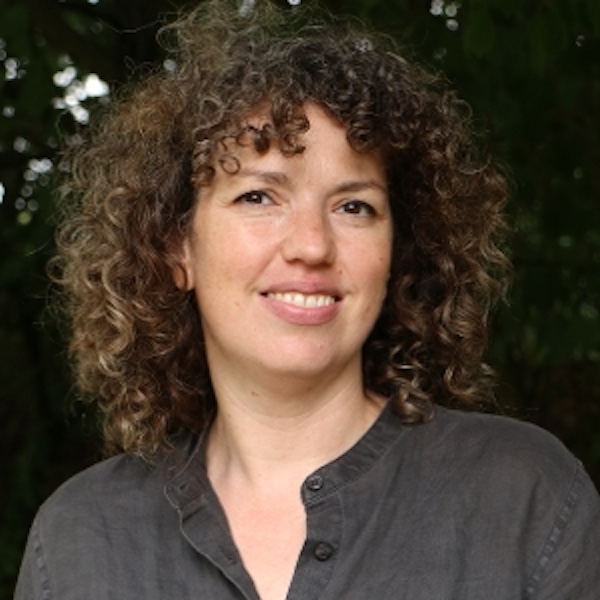
Ildikó studied anthropology and cultural studies in Romania and Hungary, later graduating in Visual Ethnography at Leiden University with her film Swamp Dialogues (2015).
In her PhD research, she turned towards vision as a technology that produces phenotypic and racial differences and explored multimodal publishing formats by intertwining experimental film clips with written arguments (see Interfaces, 2021).
In her current research, Ildikó is interested in the politics of computer vision technologies as they travel from computer science labs to various deployment sites. As part of this research, she is currently editing her second feature-length film about image recognition algorithms, in which she expands vision by ethnographically attending to its relationality and human-machine entanglements.
- The Market (2013)
- Swamp Dialogues (2015)
- Anatomy of Anger: a manifesto (2020)
- Interfaces (2021)
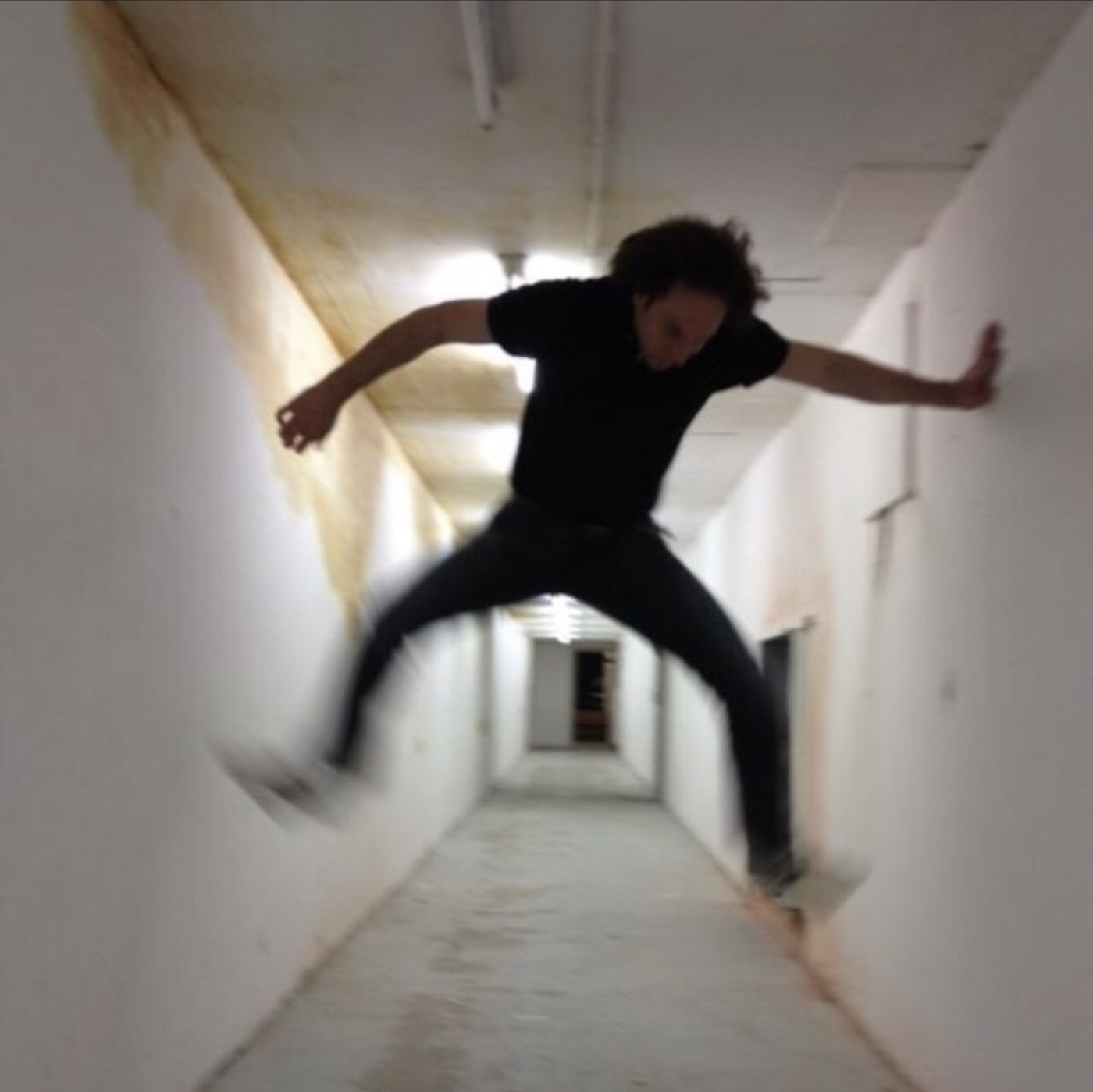
Robert is a filmmaker with over 20 years of experience in documentary filmmaking and television, having travelled extensively across Europe and Africa. With a BA in Visual Anthropology from Leiden University and an MA from the University of Amsterdam, he has developed a keen interest in the art of montage within visual anthropology, focusing on themes of belonging, identity, and representation.
Throughout his career, Robert has spent considerable time with the Loita Maasai in Kenya, forming strong connections while exploring cultural identity and visibility. Using diverse approaches and techniques, he challenges dominant narratives through filmmaking, aiming to represent social and political realities creatively. ” All Eyez on Me! “, an award-winning film, exemplifies this approach by examining the tensions of representation and authenticity.
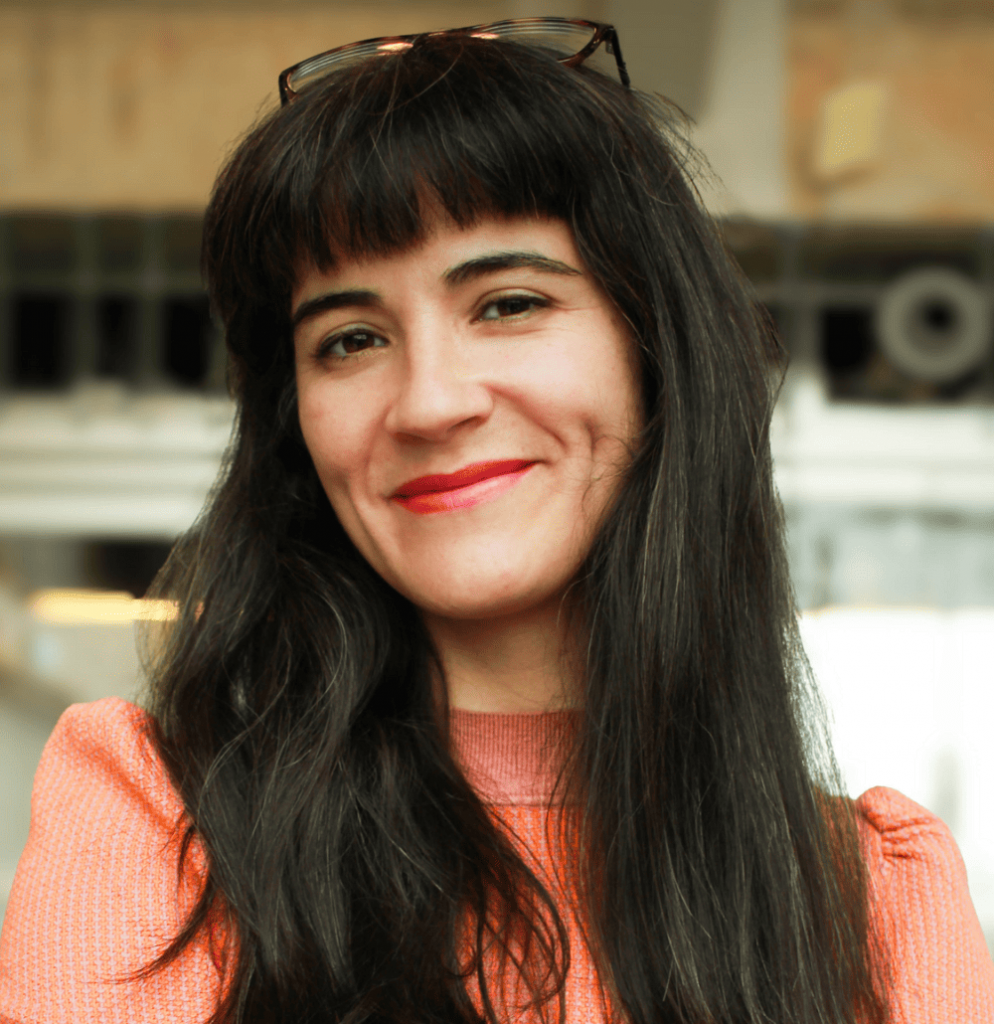
Martha is interested in the politics and poetics of recovery after armed conflicts and environmental destruction. She is a visual anthropologist and ethnographic filmmaker.
Her research examines the transformative potentials of transitional justice processes and the work of memory in remaking a civil contract between people, environments and the state. She holds a Mag.ᵃ in Social Anthropology from the University of Vienna (2006), an MA in Visual Anthropology and Sensory Media (2008) and a PhD in Social Anthropology (2015) from the University of Manchester. After a six-year post-doc at the University of Bern, she joined the University of Amsterdam as an assistant Professor and serves on the editorial board of the Journal of Anthropological Films (JAF).
Her current project, “Memory Futures: Truth, Justice and Immersive Media,” is an exploration of various knowledge practices used to determine truth and justice in the aftermath of war and conflict, from forensic analyses and administrative procedures to personal investigations and witness accounts. By engaging with transitional justice processes through immersive (or 360) framing, the project reflects on critical knowledge production and on what it means to (not) know.
- Take Me to a Place Outside (2009)
- Between Memories (2015)
- No Queremos! (2017)
- Horror in the Andes. Ayacuchean Cinema In-the-making (2023)
- Unquiet Ground (forthcoming 2026)
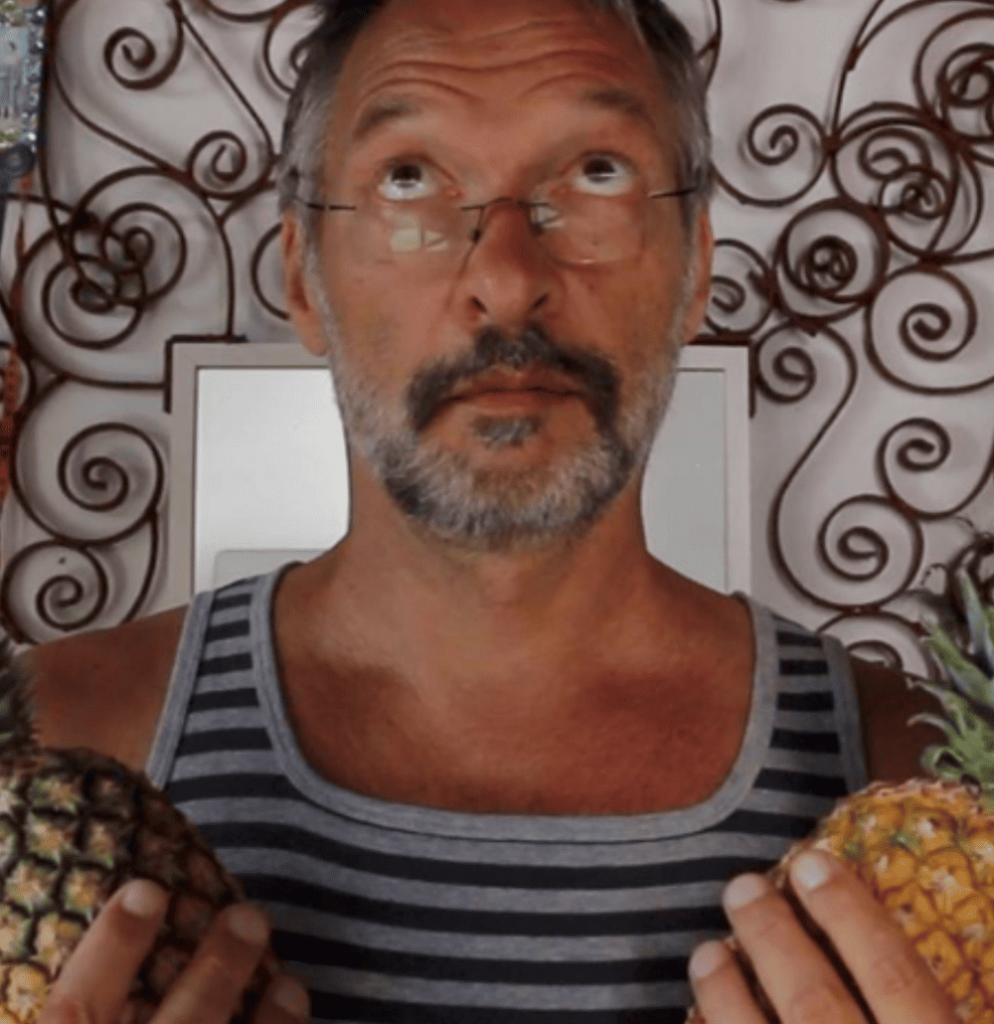
Mattijs is a filmmaker and anthropologist. He did research in Serbia, Portugal, the Netherlands and, since 2001, in Bahia, Brazil.
His work keeps returning to realms of transgression – ecstatic religion, violence, eroticism and aesthetics – where humans face the fact that the world does not necessarily comply with their narrations of it.
Van de Port is the author of three monographs and has published widely in both anthropological and literary journals. He moved to filmmaking in 2013 when he made Saborear Frutas Brasileiras, about the joy of eating fruits.
Enchanted by the affordances of camera-based research and exploring how the genre of the essay film can intervene in ongoing conversations in anthropology, he made the following films:
- Saborear Frutas Brasileiras (2013)
- The Possibility of Spirits (2017)
- Knots and Holes. An essay film on the life of nets (2018)
- The Body Won’t Close. Bahian Tales of Danger and Vulnerability (2020)
- Where can I get lost? (2024)
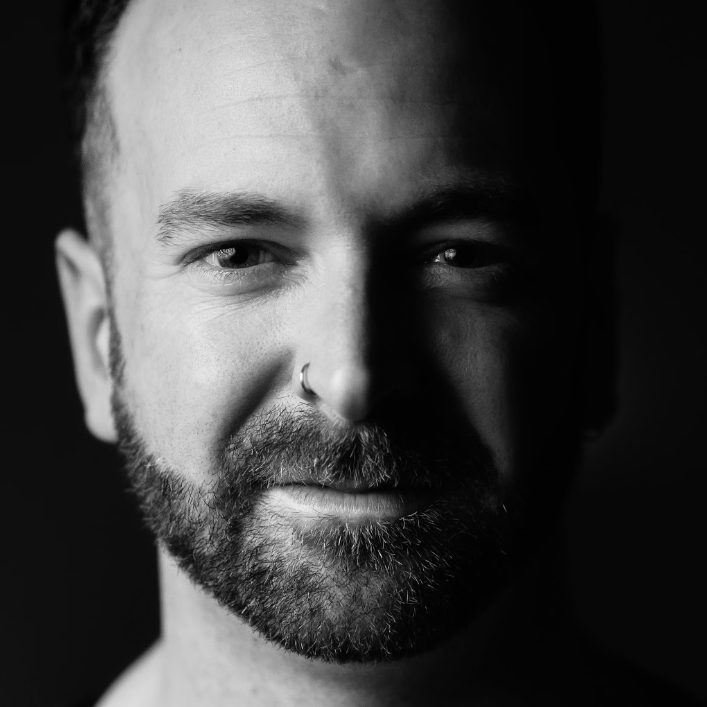
Patrick is a psychological anthropologist focusing on disability, care, and religion. He does comparative research on people with intellectual disability and their support systems in India, Italy, and the UK – on which he has published widely. He is currently developing his first film on the transmission of sacred Afro-Cuban dance in the Netherlands.
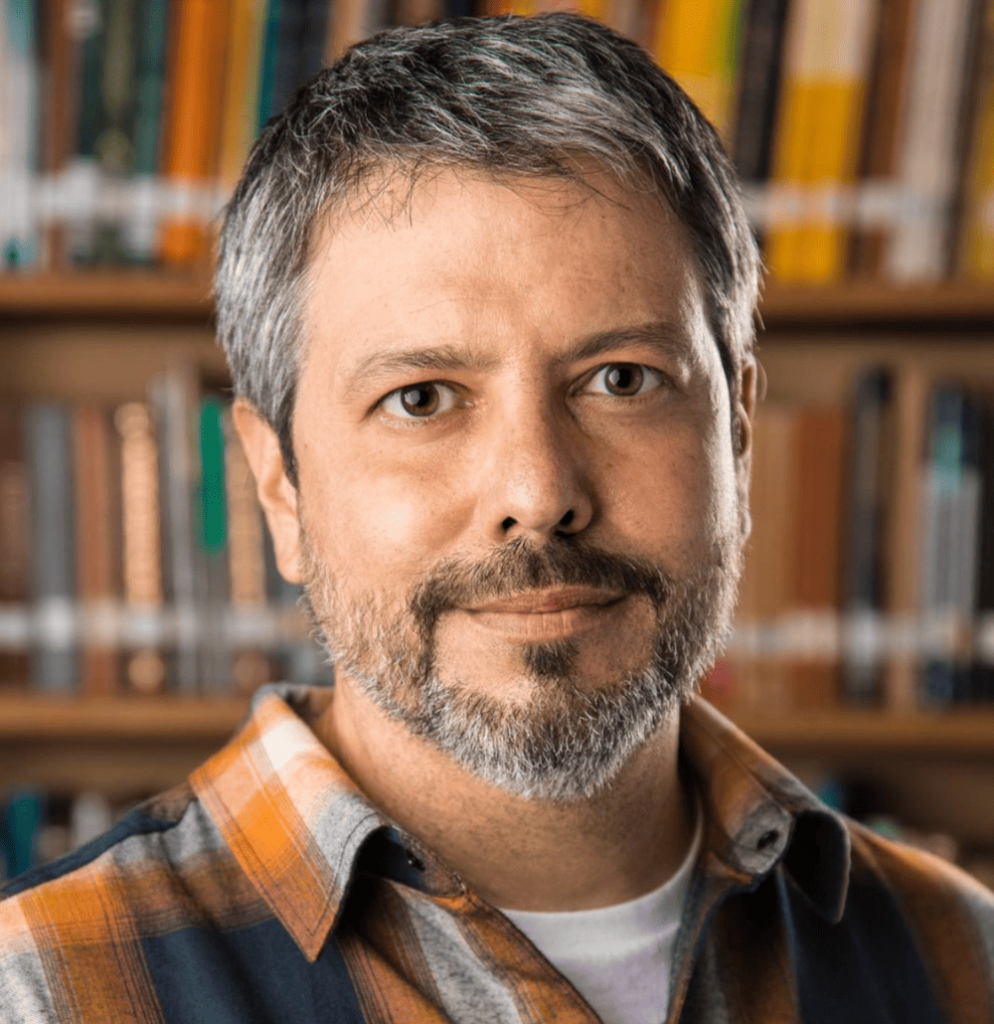
Jorge is a multimodal and multispecies anthropologist. He writes and makes films at the intersections of political, economic, environmental, and media anthropology. His geographical areas of specialization are Latin America and Southern Europe. At the UvA, he is an Assistant Professor and a member of the AISSR Moving Matters research group. He is also a co-founder of Kaleidos – a center for interdisciplinary ethnography at the University of Cuenca in Ecuador. At Kaleidos, he co-directs two multimodal platforms: EthnoData and Prison Observatory 593.
His filmmaking work includes producing the documentary El Comité: La Toma del Penal García Moreno (2005), which follows a group of inmates as they took over Ecuador’s oldest maximum-security prison in Quito in a revolt against latent corruption and institutional abuses. In 2014, he wrote the script and conducted ethnographic and archival research for a second documentary, El Panóptico Ciego, which was made during the decommissioning of the same prison, documenting the effort to rescue its extensive archive – one of the largest prison archives in Latin America.
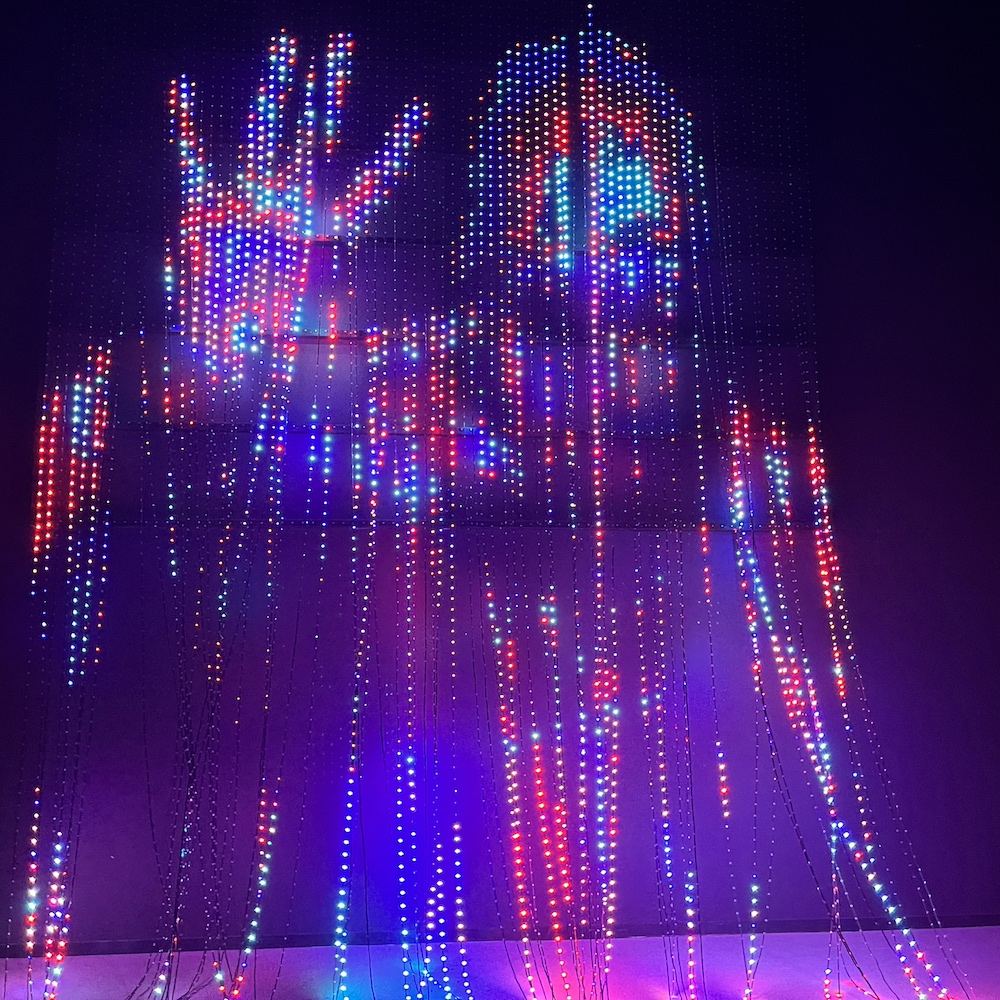
Andy is the founding director of Filmmaking for Fieldwork – F4F™, where he manages a team that supports research projects and teaches ethnographic and documentary filmmaking to activists, industry professionals, students, and researchers from a wide range of academic disciplines and backgrounds.
He is the author of “ Filmmaking for Fieldwork: a practical handbook “ (2020) and the co-editor of “ Empirical Art: filmmaking for fieldwork in practice “ (2025), both published by Manchester University Press.
Andy began his working life as a carpenter before producing broadcast documentaries in the UK, USA, and the Netherlands, and currently for Netflix, as well as independently for festival and academic distribution. His films explore transformation, often through the lens of life-changing journeys and the role that fear plays in navigating these tumultuous events.
Andy studied social anthropology and ancient history at University College London before earning a PhD in anthropology, media, and performance from the University of Manchester. He worked for many years as a filmmaker-in-residence and senior lecturer at the Granada Centre for Visual Anthropology in the UK, and he has held visiting positions at the Free University of Berlin and the University of Bern in Switzerland.
- Half Elf (2020)
- One Long Journey (2016)
- One and the Many (2012)
- The Lover and the Beloved (2011)
- Born (2009)
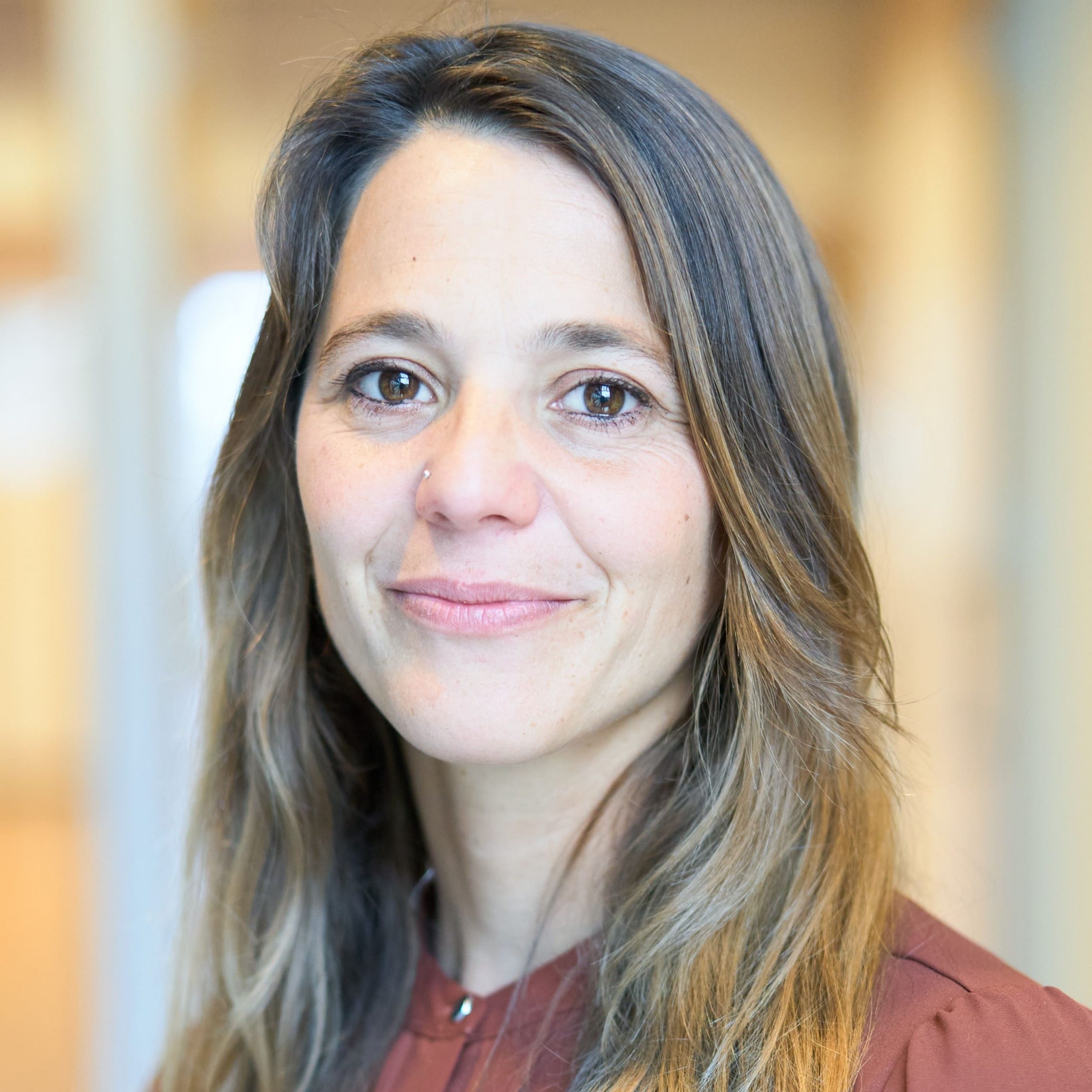
Lianne is a visual and medical anthropologist whose work explores how health crises shape the lives of vulnerable communities. Her research brings together visual ethnography, participatory methods, and crisis governance, focusing on how people navigate illness, stigma, and institutional responses. She is an assistant professor at Vrije Universiteit Amsterdam and the University of Amsterdam.
Her work spans diverse contexts, from post-COVID recovery in nursing homes to HIV stigma in healthcare in Suriname, examining how care providers and communities respond to slow-burning crises. Previously, Lianne led research on COVID-19 responses in European schools and nursing homes as part of the HORIZON2020 HERoS project, and her PhD work traced how tuberculosis patients navigated treatment and care in Gabon, Zambia, and South Africa.
Departing from participatory and arts-based approaches, she co-creates research with participants through visual methods, collaborative filmmaking, and photovoice. Her creative and academic output includes ethnographic films, art exhibitions, and contributions to policy-oriented work for organisations such as KNCV Tuberculosis Foundation and the European Centre for Disease Prevention and Control.
- TB in Town 2 (2018)
- Tigist – the story of a girl with podoconiosis (2019)
- We thought it would be fun (2023)
- Loose Ends (2024)
- Soil Fever (forthcoming 2026)
- Silent Walls (forthcoming 2026)
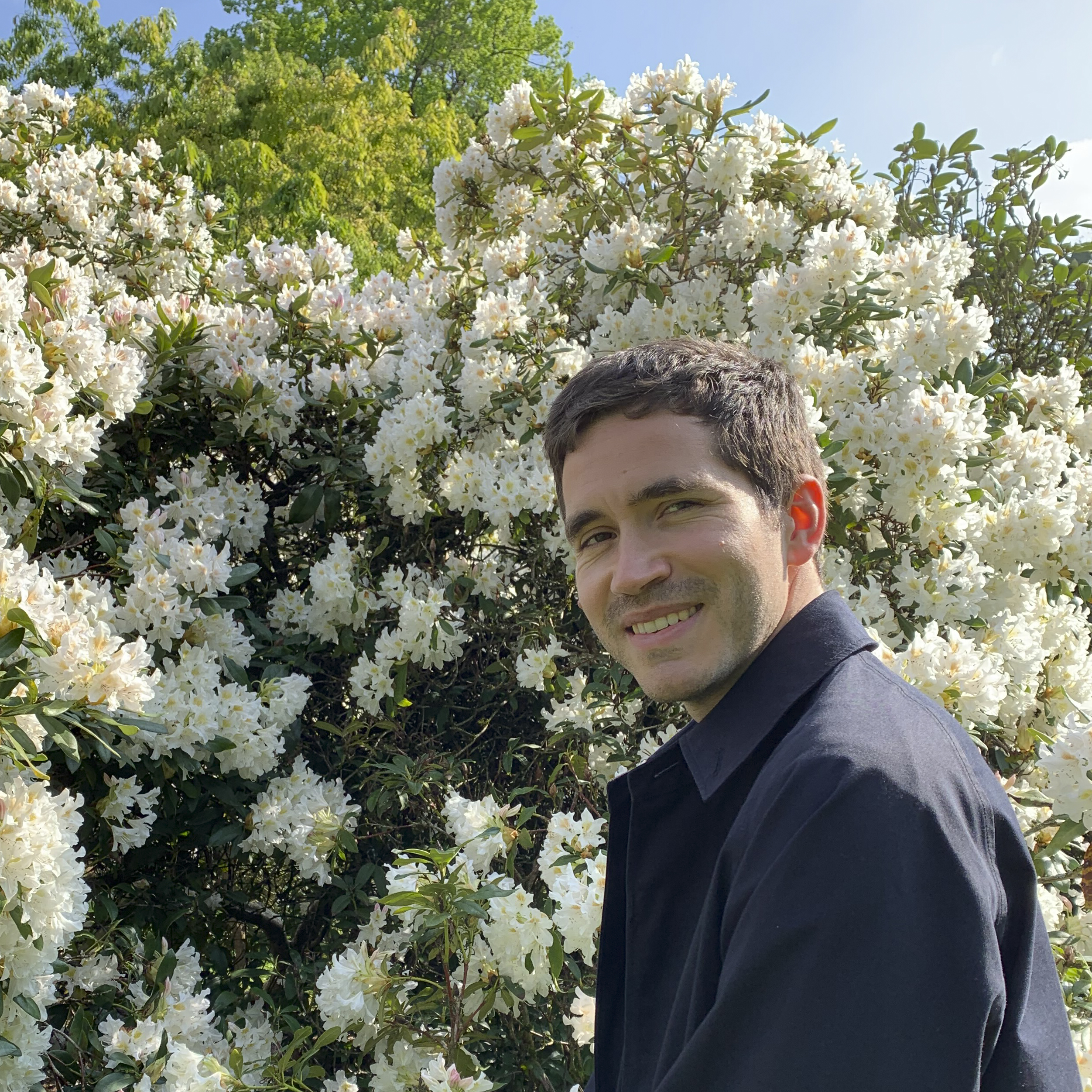
Aladin is an artist, beekeeper, and multimodal and multispecies anthropologist. For the past 10 years, he has developed a self-proclaimed Ministry of Bees called Apian. Apian is responsible for the relationship between humans and all bee species, working to maintain ties and foster new relations with them. Outcomes take various shapes and forms; for example, books such as Hives (RVB Books and Images Vevey 2020) and Bannkörbe (Spector Books 2023); sound pieces such as Hiss (2019), which was made in collaboration with Laurent Güdel; and web platforms such as The Intimacy Machine (2021), created in collaboration with Ellen Lapper and the Studio Harris Blondman, among others.
After studying visual communication, visual and media anthropology, and critical philosophy, Aladin is pursuing a PhD in Anthropology at the University of Amsterdam (2024-2028).
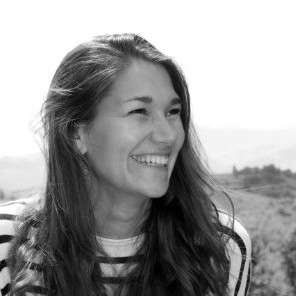
Annebel is a visual anthropologist and documentary filmmaker. She studied Fine Arts (AHK) and Cultural Anthropology at the University of Amsterdam, followed by a Master’s in Visual Anthropology at Goldsmiths College, University of London. She has conducted research in medical anthropology, particularly focusing on childbirth, postpartum care, and breastfeeding in public spaces. She is currently exploring the integration of audiovisual methods into her doctoral research, aiming to document the learning process of acquiring new skills in breastfeeding.
As part of her research, Annebel has produced the following short ethnographic film:
- GastroNomads (2014)
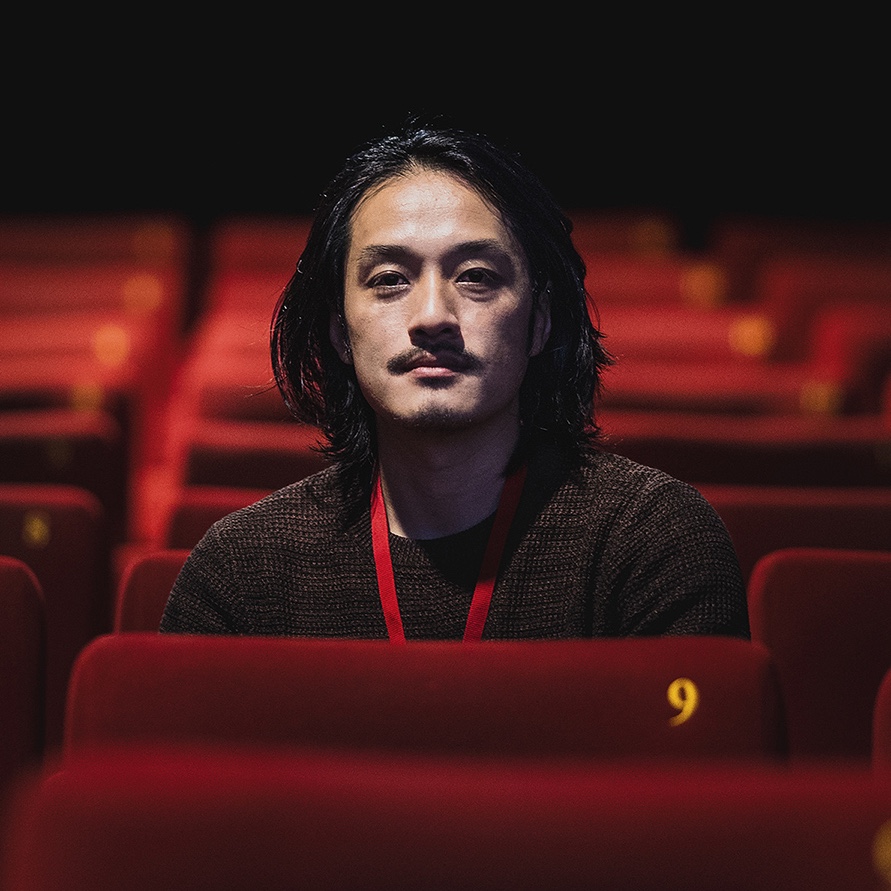
Bo Wang is an artist, filmmaker, and researcher, as well as a PhD candidate at the Amsterdam School for Cultural Analysis, University of Amsterdam. He has exhibited works internationally and received major international awards, such as New:Vision at CPH:DOX, the Golden Dove at Dok Leipzig, the O.F.F. Prize at Sesc_Videobrasil, and Best Doc Short at the Sharjah Film Platform, among others. Bo currently teaches at LUCAS, Leiden University.
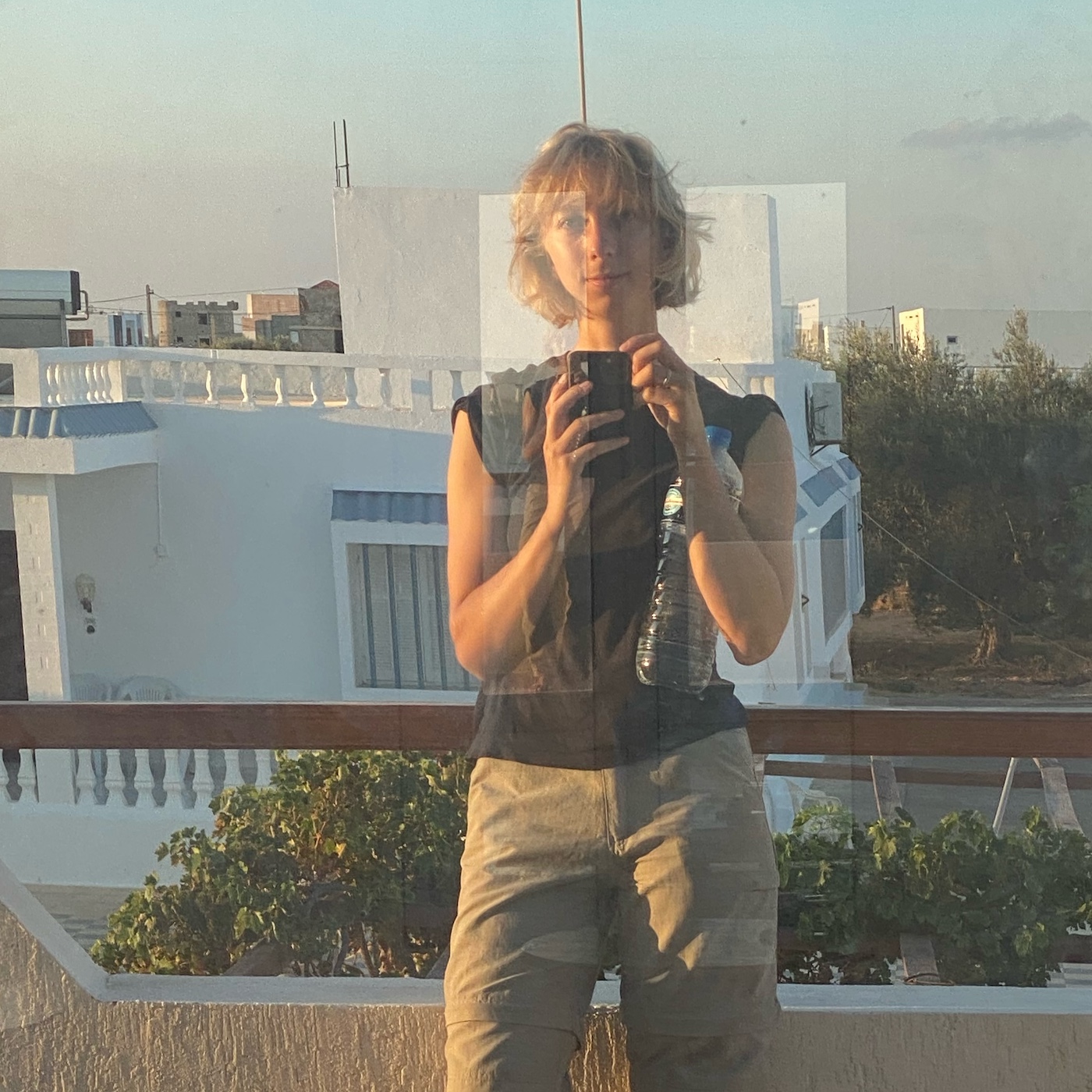
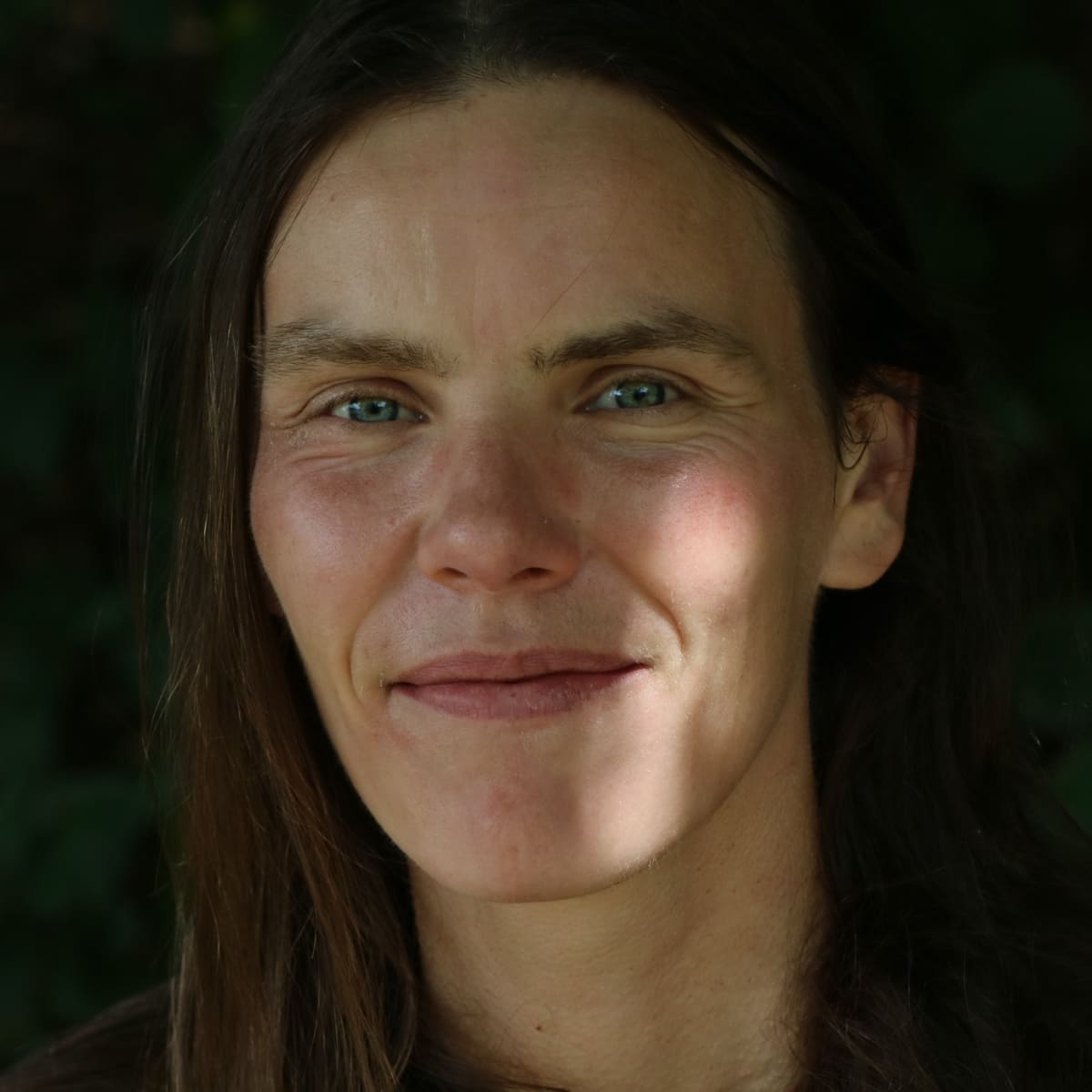
Leonie Dronkert is a PhD student with expertise in medical and visual anthropology. She is interested in the politics of diagnostic labels in bureaucratic healthcare systems. Her work explores how creative collaborations can unsettle and reimagine existing categories of care and classification.
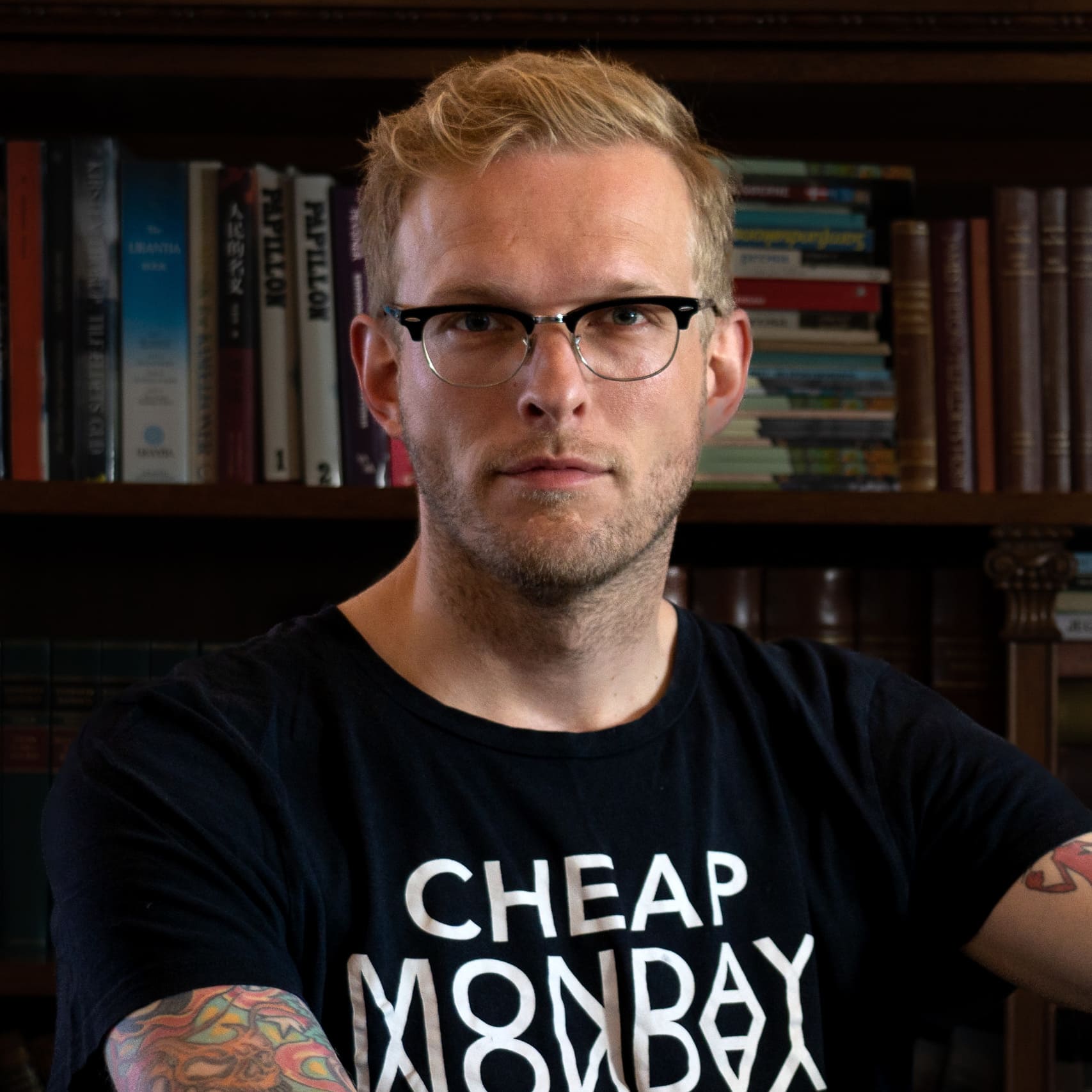
Kenni holds a BA in Anthropology and Philosophy and an MA in Visual and Multimodal Anthropology from Aarhus University. Trained in micro-phenomenology under Claire Petitmengin, he specializes in qualitative, sensory, and multimodal methodologies. From 2021–2025, he directed Eye and Mind: Laboratory for visual and multimodal anthropology at Aarhus University.
He combines micro-phenomenological interviews and analysis with multimodal approaches, such as ethnographic documentary film and conventional anthropological methods. His PhD project, Towards an Anthropology of Recognition, examined how intersubjective recognition shapes care, rights, and community, with a focus on solidarity, compassion, and love. Fieldwork in Gellerupparken, a diverse neighbourhood on the western outskirts of Aarhus that is vibrant yet contested in public debates on integration and welfare, explored relationships between local Islamic and Christian communities and their dynamics in relation to the Danish welfare state. This work showed how close attention to subjective experience can illuminate negotiations of identity, faith, and belonging.
Kenni is drawn to moments when the boundary between self and other softens, and the other becomes irreducibly present – or to the significance of such moments when they are absent. For him, knowledge emerges not only from observation or theory, but from encounters that move us and prompt us to re-examine ourselves. He argues for an ethical and epistemic orientation to social anthropology that foregrounds knowing as a form of being-together-with, and believes that understanding arises not from assumed sameness, but from sustained engagement with difference, cultivated through practices of openness that invite people to express their lived experiences on their own terms within their own lifeworlds.
- I am Victor (2018)
- skum (2018)
- We have become dinosaurs (2020)
- The female barber (2020)
- Jordens Folk (2020)
- Gellerup Højskole (2021)
- Døden (2021, 2022)
- Analogue Memories (2022)